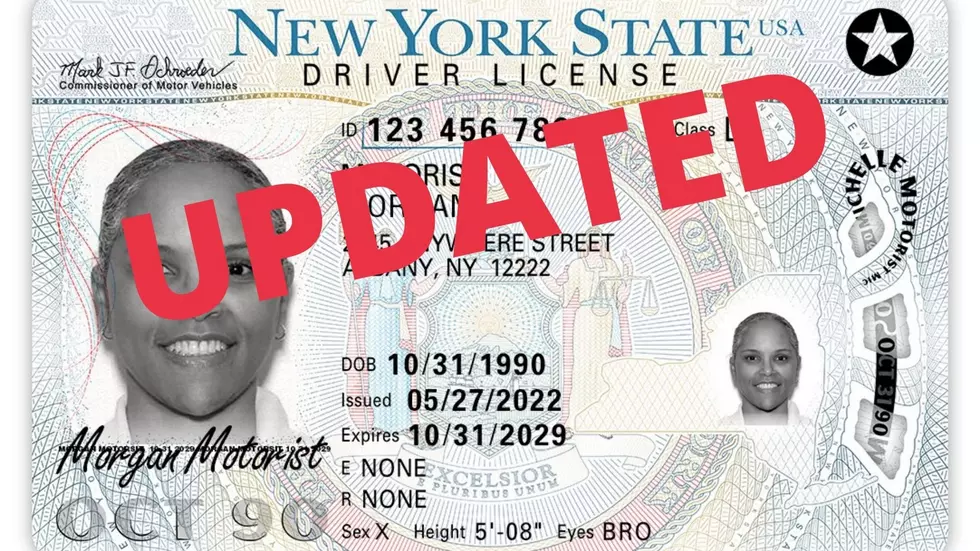
US Life Expectancy Declining to Lowest Levels in 25 Years
What a great way to look into the new year. Life expectancy in the United States has fallen to the lowest levels seen in 26 years. The Center for Disease Control and Prevention's National Center for Health Statistics found the death rate increased by 5.3% from 835.4 per 100,000 to 879.7 per 100,000 in 2021.
This means that life expectancy decreased in 2021 for the second year in a row to 76.4 years, down from 77 years in 2020, and is the lowest figure since 1996.
In 2020, it was recorded that the Life Expectancy in New York was 77.6-78.4, one of the higher states in the nation. However, New York saw the biggest drop from 80.7 years to 77.7 years.
COVID-19's Contribution to Life Expectancy Numbers
According to a CDC report published earlier this year, COVID-19 was the third-leading cause of death in 2020, leading to more than 350,000 deaths. In the April 2022 CDC report, there were about 460,000 deaths caused by COVID-19.

Drug Overdoses in 2020 and 2021
The National Safety Council reported that the annual drug overdose death rate has been rising. In 2020, 91,799 people died from drug overdose, a record high at the time.
In 2021, there were 106,699 overdose deaths for a rate of 32.4 per 100,000 people. The authors noted that drug overdose death currently accounts for more than one-third of all accidental deaths in the United States.
SEE THE FULL GRAPH OF LIFE EXPECTANCY IN THE UNITED STATES FROM 1980-2021.
Leading Causes of Death
The Top 10 leading causes of death in the United States stayed mostly unchanged from 2020 to 2021. Heart disease continued to be the leading cause of death in the US followed by cancer and COVID-19, respectively, according to the data. The only change was chronic liver disease and cirrhosis becoming the ninth leading cause of death while influenza and pneumonia fell off the top 10 list. For eight of the top 10 causes, the death rate increased and saw the biggest jump in COVID-19.
Answers to 25 common COVID-19 vaccine questions
DON'T Do This After Getting a COVID-19 Booster Shot
20 New York Hometowns With Most Divorces After COVID Pandemic
More From WZAD-WCZX The Wolf










